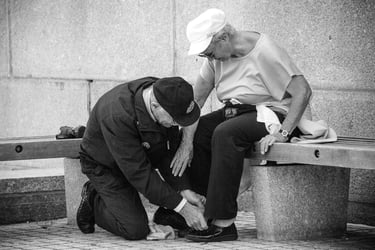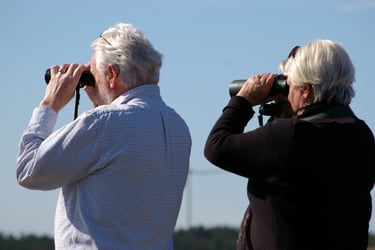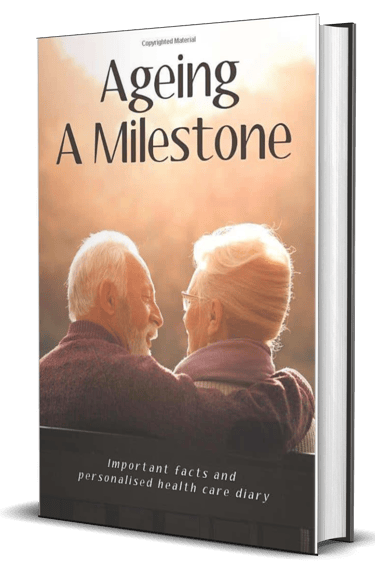Understanding the Science Behind Aging: Insights from Dr. Sinclair
Dr. Sinclair emphasises that while people may be aware of certain aspects contributing to aging, it is crucial to delve deeper into understanding the underlying reasons for the aging process. His perspective underscores the significance of comprehending the mechanisms behind ageing and exploring potential strategies to address associated issues.
Dr. Sinclair emphasises that while people may be aware of certain aspects contributing to ageing, it is crucial to understand the underlying reasons for the ageing process. His perspective underscores the significance of comprehending the mechanisms behind ageing and exploring potential strategies to address associated issues.
Dr. Sinclair's insights highlight key takeaways, including the observation that individuals who engage in regular exercise tend to exhibit longer telomeres, which are essential components of DNA associated with cellular ageing. Additionally, he suggests considering exposure to cold temperatures or incorporating exercise during the winter months as potential ways to promote healthy ageing.
Telomeres, located at the ends of chromosomes, play a vital role in protecting the integrity of our DNA during cell division. As we age, telomeres gradually shorten, leading to cellular senescence and an increased risk of age-related diseases. Dr. Sinclair's research suggests that regular exercise can help maintain the length of telomeres, thereby slowing down the ageing process at a cellular level.
Furthermore, Dr. Sinclair emphasises the importance of understanding the impact of environmental factors on ageing. He suggests that exposure to cold temperatures can activate certain genes and pathways that promote longevity. Cold exposure stimulates the production of brown fat, a type of fat that generates heat and burns calories. This activation of brown fat can potentially improve metabolic health and contribute to healthy ageing.
Incorporating exercise during the winter months can be a practical way to reap the benefits of both physical activity and cold exposure. Dr. Sinclair suggests engaging in activities such as outdoor winter sports or simply taking brisk walks in colder weather. These activities not only promote cardiovascular fitness but also provide an opportunity for exposure to cold temperatures, potentially enhancing the body's adaptive response to stressors and supporting healthy ageing.
While Dr. Sinclair's insights offer valuable perspectives on ageing, it is important to note that individual experiences may vary. Factors such as genetics, lifestyle, and overall health can influence the ageing process. Therefore, it is crucial to consult with healthcare professionals and explore personalised approaches to healthy ageing.
In conclusion, understanding the science behind ageing is essential for developing strategies to promote healthy ageing. Dr. Sinclair's research highlights the significance of maintaining telomere length through regular exercise and explores the potential benefits of cold exposure. By delving deeper into the mechanisms of ageing, we can pave the way for innovative interventions and approaches to enhance the quality of life as we grow older.






